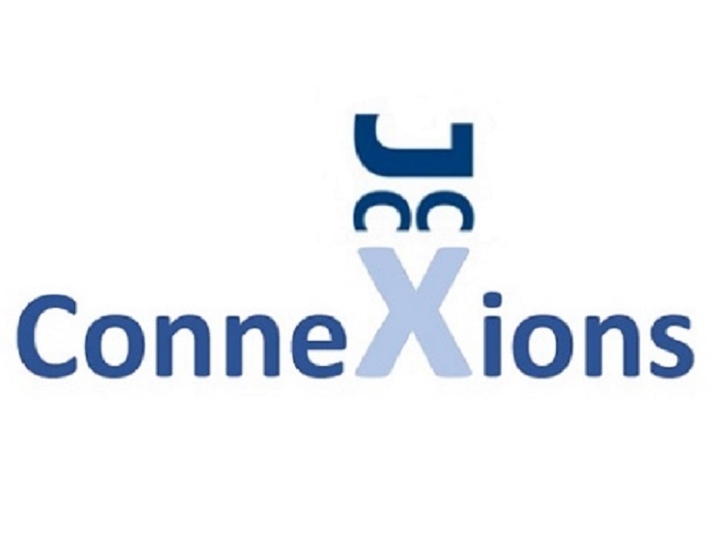
JCC Connexions, Vol. 8 No. 1
February 1, 2022
February 2022, Vol. 8, No. 1
How Do We Promote Academic Integrity in Higher Education? Critical Conversations #28
Carmela De Maio and Kathryn Dixon, Curtin University
In "Promoting Academic Integrity in Institutions of Higher Learning: What 30 Years of Research (1990-2020) in Australasia Has Taught Us" (Journal of College & Character, vol. 23, no. 1, February 2022), Carmela De Maio and Kathryn Dixon, review and evaluate the academic integrity research conducted in Australasia over a 30-year period from 1990–2020. As this quarter's Focus Authors, they respond to questions posed by Jon Dalton, JCC co-editor, relating to their research. Read More.
Questions Relating to Moral Development: JCC, February 2022
Pamela C. Crosby, Co-Editor, Journal of College and Character
Here are some important questions that relate to moral development that are explored in articles in the February 2022 issue (vol. 23, no. 1 of the Journal of College and Character. Read more.
Lessons in Moral Development Learned From a Sabbatical Adventure
Wholism Is a Key to Academic Integrity
Peter Mather, Ohio University
I am in the midst of an adventure that has helped me understand issues of character, including academic integrity, in a new way. I am currently on a faculty fellowship leave, commonly called a sabbatical. The ostensible reason for my sabbatical was to explore the future of student affairs. But, there was a secondary purpose as well–to renew and reorient my personal and professional life. My journey has involved travel throughout the Mountain States and the Pacific Northwest in my Subaru and a car top tent. Read more.
New Spaces & Roles for Student Affairs Educators
Student Affairs in Flux: Negotiating Change, Values, and Ethics in the Great Resignation
Michael J. Stebleton and Melanie Buford, University of Minnesota – Twin Cities
As of this writing, the Great Resignation continues to rage. In November 2021, a record 4.5 million people quit their jobs according to the US Labor Department. Many of these jobs reside across industries in service, health care, retail, hospitality, arts, entertainment, and education. According to these statistics from the Jobs Openings and Labor Turnover Survey, over 34.4 million people have quit their jobs this year (US Bureau of Labor Statistics). Read more.
Critical Religious Studies in Higher Education
Critical Evaluation of Systems of Policy and Practice for Religious, Secular, and Spiritual Identities
J. Cody Nielsen, Dickinson College
A critical lens of study on religious, secular, and spiritual identities (RSSIs) continues to grow. Birthed by a small but growing number of researchers and scholars in the field, and with the assistance of organizations which are committed to efforts toward religious pluralism and civil rights, the movement to justify why RSSIs should be taken as seriously as other areas of diversity and identity is an on-going process. Read more.
Engaging Civic Religious Pluralism
Where Do We Go From Here As a Nation?
Becca Hartman-Pickerill and Gracie Webb, Interfaith Youth Core
In a nation that is separated ideologically by rancorous political divides and physically by a public health crisis, alongside an ongoing loneliness problem, how can we once again foster community? One answer is to look at institutions who are still functioning in this way. For instance, religious communities continue to be powerful sources of localized connection and support. Read more.
Fostering Moral Development
History of the Future
Alan Acosta, University of Massachusetts Medical School
The final assignment [I gave my students] was for them to identify a relevant issue in the higher education profession, track its evolution through history, and then use that information to project what might happen with that issue in the future. I was so impressed with what they identified, discussed, and dreamed about: campus policing, LGBTQ+ centers, students with eating disorders, Asian American and Native American Pacific Islander-Serving Institutions, the use of adjunct instructors, and legacy admissions were just a few of the topics they tackled. Read more.